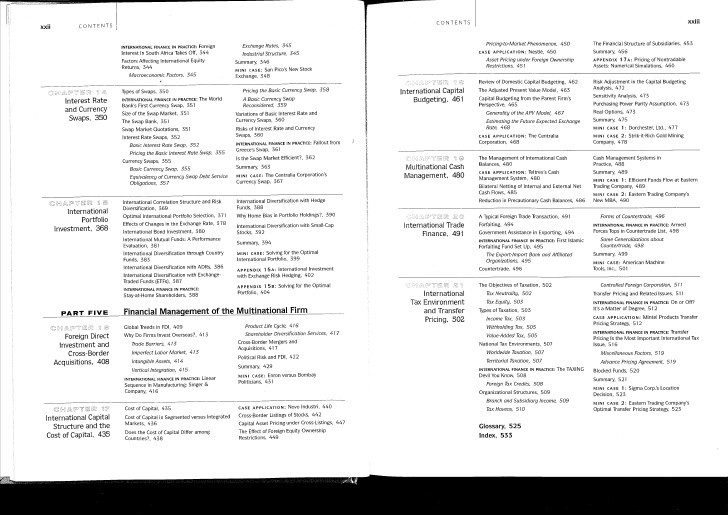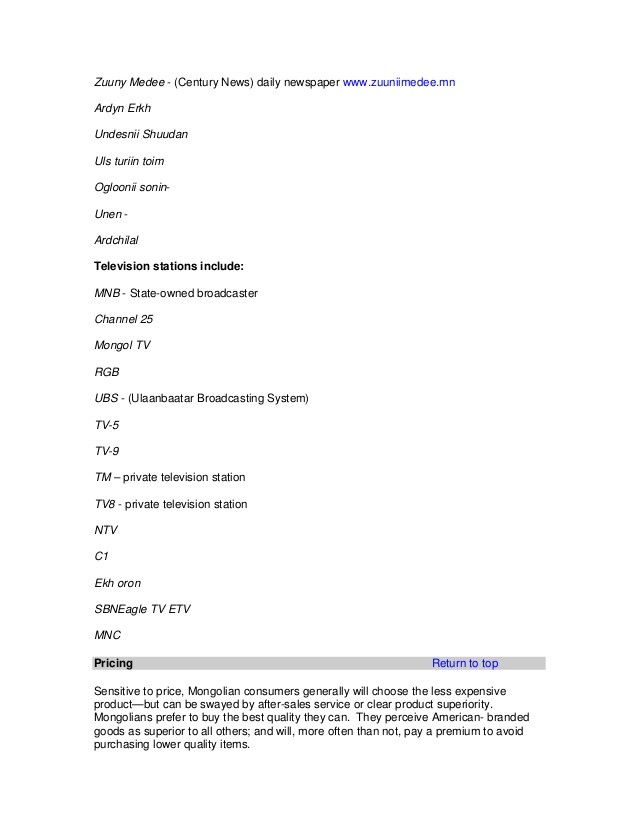Distinguishing withholding tax from value added tax Vanguard News
Post on: 16 Август, 2015 No Comment

There is a need to draw attention to the fundamental difference between Withholding Tax (WHT) and Value Added Tax (VAT) so as to facilitate clear understanding of the mechanics of the tax concepts.
What is an advance payment of income tax and the purpose is to bring the prospective taxpayer into the tax-net, thereby widening the income tax base.
In other words, the WHT system is aimed at tracking down taxpayers and the incomes which may otherwise not be reported by them.
When the income on which WHT is deducted at source is finally brought to the notice of the tax authority and the appropriate tax computed, due credit is given for the WHT deducted at source on the presentation of the original WHT receipts through the issuance of credit notes.
The taxpayer will be required to pay only the balance due after matching the actual tax liability against the credit for the WHT suffered at source. WHT is therefore nothing more than a collection machinery to curb tax evasion. It is not a separate tax on its own. It is a part of the income tax whether personal or corporate income tax.
In contrast, VAT is a different type of tax. VAT is a consumption tax payable on the goods and services consumed by any person, whether government agencies, business organisations or individuals. The target of VAT is the final consumer of goods and services and unless an item is specifically exempted by law, the consumer is liable to the tax. Exemption from this is not aimed at agencies, companies or individuals but rather at the goods and services.
Therefore, all agencies of government, religious and other organisations and similar persons that are normally exempted from income tax are expected to pay VAT on the goods and services consumed by them except where the goods and services are specifically exempted by law.
THE PRIMARY MARKET
(a) How to Impose WHT
It is usual for issuing companies to pay fees to issuing houses, stock brokerage firms, reporting accountants and solicitors in respect of new and rights issues, as well as debenture stocks. Such fees should be subject to withholding tax at source in accordance with Section 63 of the Companies Income Tax Cap 60 LFN 1990, and the relevant extra-ordinary Gazette.
The issuing companies are hereby mandated to deduct theWHT tax there-from and pay over to the Federal Inland Revenue Service (FIRS) within 30 days as stipulated in the tax law. The net is then paid over to the issuing house that handled the issue. The applicable rate for commissions/fees is ten percent (10%) for limited liability companies, and five percent (5%) for individuals and partnerships.
(b) How to Impose VAT
Every consumer pays VAT on services rendered to it. As consumers of the services rendered by both the issuing houses and other parties to the issue, the issuing companies are liable to the payment of VAT for the services rendered.
The issuing houses and other parties to the issue should charge VAT at 5% on their invoices for services rendered. Since the issuing houses handle the transactions connected with new and rights issues, they are to act as agents for the collection and remission of VAT to FIRS.
(c) Listing by the Nigeria Stock Exchange (NSE)
As a pre-requisite for listing new securities by the NSE, the evidence of settlement of WHT and VAT on the new and rights issues must be attached. The listing fees are themselves liable to WHT and VAT.
(d) Renewal of Operators’ Licences
Before an operator’s licence is renewed by a regulatory authority, evidence of WHT and VAT on issues handled in the previous year must be produced.
THE SECONDARY MARKET
(a) How to Impose WAT
? In the case of a purchase, the stockbroker is expected to charge the investor for the following:-
o the cost of the shares purchased,
o commission based on gross value of shares purchased on behalf of that investor, the Securities and Exchange Commission (SEC) fee (which is currently 1% of total consideration and is not subject to WHT and VAT being part of gross income earned by SEC)
o deduct WHT on the commission at 10% and pay over to the relevant tax authority, i.e. State Board of Internal Revenue (SBIR) or FIRS.
In the case of a sale, the stockbroker is expected to deduct from the investor’s gross consideration the following:-
o his commission,
o the other fees payable to other third parties, as approved by the SEC.
? Thereafter, the net sale should be paid over to the investor.
Both the stockbroker’s commission and other fees paid to other third parties are subject to WHT. The stockbroker is to pay over tax withheld from the commission and other fees to the relevant tax authority.
(b) How to Impose VAT
In both purchase and sale transactions, the consumer of the services rendered is the investor. It is therefore the investor that is subject to this tax. The VAT on these transactions should be paid over to FIRS.

COLLECTION ARRANGEMENT
In respect of the collection of the taxes herewith discussed, the usual collection arrangement will prevail. Reference to the relevant FIRS information circular (9502 of 20th February 1995, 9501 of 13th January 1995) may be advisable.
However, in summary, the following collection arrangement should be observed:-
(a) WHT
The rate at which tax is to be withheld on commission and fees is 10% when these payments are made to limited liability companies; and 5% for individuals and partnerships.
The currency in which the tax is to be paid is the currency the transaction was carried out and in which the tax was deducted.
payments of wht should be made in bank drafts and payable to:
“The Federal Government of Nigeria- FIRS – Withholding Tax Account”
Payments should be accompanied by the relevant forms (CMF1, CMF2, CMF3, CMF4, or CMF5).
Any default in the implementation of the tax carries heavy penalties.
Failure to deduct WHT and failure to remit taxes withheld are punishable on conviction by a fine of 200% of the tax not withheld or remitted.
(b) VAT
The rate for VAT is 5%.
Payments of VAT should be made in bank draft and payable to:
“The Federal Government of Nigeria – FIRS – VAT Account”
ibas agent of government for the deduction and remittance of WHT and as agent of government for the collection and remittance of VAT even in respect of their own respective transactions which ordinarily should have been paid over to the operator who charged the VAT on his invoice. (For more details see pare. 4 of Information Circular no. 9502 of 29th February, 1995).














